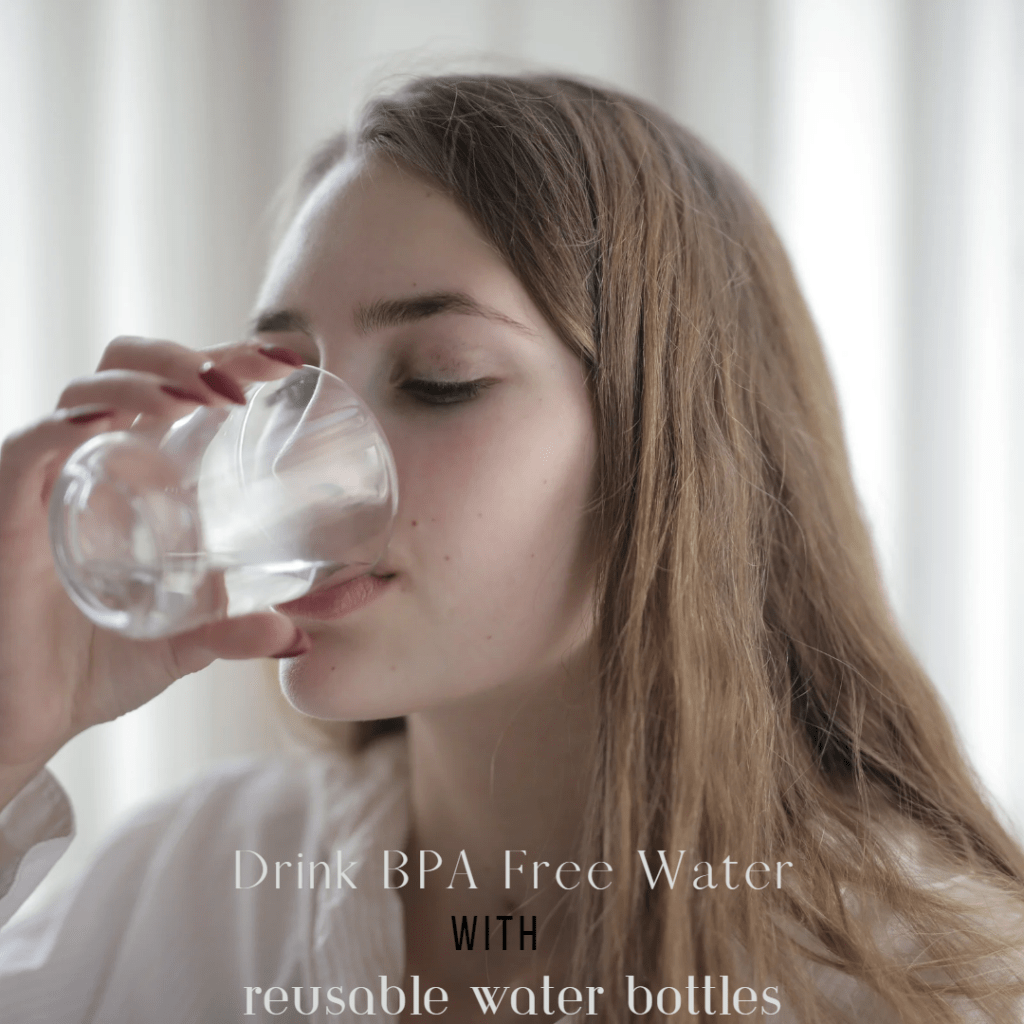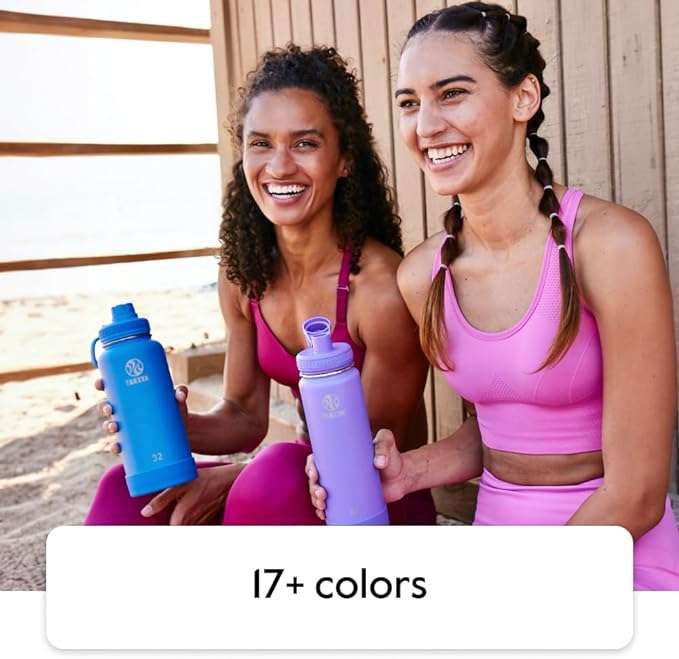Introduction: What is BPA and how does it End Up in Our Water?
Bisphenol A, commonly known as BPA, is a chemical widely used in manufacturing plastics and resins. Despite its utility, BPA has raised significant concerns about water contamination and plastic pollution.
BPA is a synthetic compound used to make durable and lightweight plastics. Its versatility means it is found in items ranging from food containers to water bottles, but it doesn’t stay put—it leaches out over time.
Plastic goods owe their flexibility and resilience to BPA. However, these same products are prone to breakdown when exposed to heat, pressure, or age, releasing BPA into surrounding environments, including water.
The Health Risks Associated with Drinking Water Contaminated by BPA
Drinking water contaminated with Bisphenol A (BPA) poses significant health risks due to its toxic chemical properties and widespread presence in our environment. BPA, a synthetic compound found in plastics and epoxy resins, is known for its endocrine-disrupting effects. When ingested through contaminated water, BPA mimics hormones in the body, potentially interfering with the endocrine system. This disruption can lead to hormonal imbalances, affecting vital processes such as metabolism, growth, and reproduction. The dangers of BPA extend to various health concerns, including an increased risk of infertility, developmental problems in children, and metabolic disorders like obesity and diabetes.
The long-term exposure to BPA in drinking water amplifies these risks. Studies have linked BPA to cardiovascular issues, including hypertension and heart disease, as well as potential impacts on brain development and behavior. Drinking contaminated water exposes individuals to this toxic chemical over time, compounding its harmful effects. Vulnerable groups, such as pregnant women and young children, are particularly at risk, as even low levels of BPA can have profound developmental implications.
Additionally, BPA exposure through water contamination has been associated with certain cancers, particularly breast and prostate cancer, due to its ability to alter cellular growth and DNA.
This underscores the urgent need to address BPA dangers and implement preventative measures. Opting for BPA-free materials, improving water filtration systems, and enforcing stricter regulations on the use of toxic chemicals in water-related products are crucial steps to reduce health risks.
By understanding the implications of BPA in our water supply, we can make informed choices to protect public health and limit exposure to this pervasive contaminant. The adoption of BPA-free alternatives and heightened awareness are pivotal in safeguarding our drinking water from this hazardous compound.
How to Avoid or Reduce Exposure to BPA in Water?
Bpa free water containers, filtering out bpa from water, bpa-free reusable water bottles, remove plastic from eating and drinking utensils
What Are The Best Ways To Test For & Remove BPA From Your Drinking Water?
Testing for bpa in water, removing contaminants from drinking water, how to remove bisphenol a from drinking water.
Testing for BPA in water and removing contaminants effectively is essential to ensure the safety of your drinking supply. To identify BPA presence, water testing kits specifically designed for detecting chemical contaminants are highly recommended. These kits can measure bisphenol A concentrations, offering a clear indication of whether your water is contaminated. For a more thorough assessment, laboratory testing services provide precise results and can test for multiple harmful compounds simultaneously.
When it comes to removing BPA from drinking water, advanced filtration systems are the most effective solution. Reverse osmosis systems are particularly powerful, as they can eliminate a wide range of contaminants, including BPA. Activated carbon filters are another excellent option, as they trap BPA and other chemical pollutants through adsorption. For households seeking comprehensive solutions, installing whole-house filtration systems ensures BPA removal from all water sources, including taps and showers.
In addition to filtration, adopting healthier practices is critical. Switching from plastic bottles to reusable stainless steel water bottles can significantly reduce exposure to BPA. Stainless steel bottles are not only BPA-free but also eco-friendly, making them a sustainable alternative to single-use plastics. Ensuring regular maintenance and replacement of filtration cartridges is equally vital to maintain water purity.
By combining thorough testing and robust filtration with environmentally conscious habits, you can effectively safeguard your drinking water from bisphenol A and other harmful contaminants. Implementing these strategies not only promotes health but also contributes to reducing plastic pollution, creating a safer and more sustainable environment for all.
Conclusion: Protect Yourself & Your Family from the Dangers by choosing BPA free reusable water bottles
BPA free reusable water bottles (non BPA) are becoming increasingly popular as people become more aware of the dangerous impacts of BPA in plastic on human health. BPA is found in many everyday products, including plastic water bottles. Which have been linked to a wide range of health problems from cancer to birth defects.
Fortunately, there are now plenty of options for those who want to avoid consuming BPA through their drinking water. A wide range of materials – from aluminum and stainless steel to glass – can be used to create reusable water bottles that don’t contain any traces of BPA. These materials are not only safe for drinking but also make for stylish and affordable alternatives to traditional plastic containers.
So if you’re looking for a safer way to stay hydrated on the go, consider investing in a BPA free reusable bottle today!

BPA in Plastic
The use of BPA (Bisphenol A) in plastic products has become a major issue in recent years. BPA a (chemical compound) is an endocrine disruptor, which means it can cause hormonal imbalances and other health problems. It is commonly used in food containers and water bottles to make them more durable and resistant to heat, but can leach into food or drinks if not properly handled.
The widespread use of BPA in plastic products has raised concerns about its potential health effects. Particularly on pregnant women and children. Studies have found that exposure to BPA can lead to decreased fertility, immune system issues, hormone imbalances, and even cancer. As a result of these findings, governments around the world are taking steps to reduce the use of BPA in plastics. It’s presence in plastic products has become a major concern for consumers because it can be toxic if consumed.
Research indicates that BPA can leach out of the plastic and into food and beverages, when exposed to heat or acidic substances. This has caused many companies to seek out alternative materials that do not contain any BPA. Despite this, there are still some products on the market that contain BPA. For this reason, it’s important to take precautions when using these products and make sure you know what type of plastic they are made from.
This is why it’s important to look for BPA-free water bottles when making your purchase. Look for bottles made from stainless steel, aluminum, or glass – all materials which do not contain BPA. By investing in a BPA free reusable bottle now, you’re doing your part to reduce plastic waste while also taking care of your own health and that of the environment around us.

Water bottles
Reusable drink bottles are gaining more and more popularity as people become increasingly aware of the environmental impact of single-use plastic. BPA free reusable drinking bottles are a great way for you to stay hydrated without compromising your health or the environment and provides you BPA free water anytime anywhere.
Reusable water bottles are rapidly becoming a popular option for those looking to reduce their environmental impact. That help to protect the planet. However, it’s important to make sure that the reusable water bottle you buy is BPA-free. BPA, or bisphenol A, is a synthetic chemical found in plastic and some other materials that is linked to several health issues. Fortunately, manufacturers are increasingly producing BPA-free bottles that are made from stainless steel, aluminum, or glass. By buying a BPA-free reusable bottle, you can enjoy all the benefits of eco-friendly hydration. Without having to worry about potential health risks associated with plastic containers.

